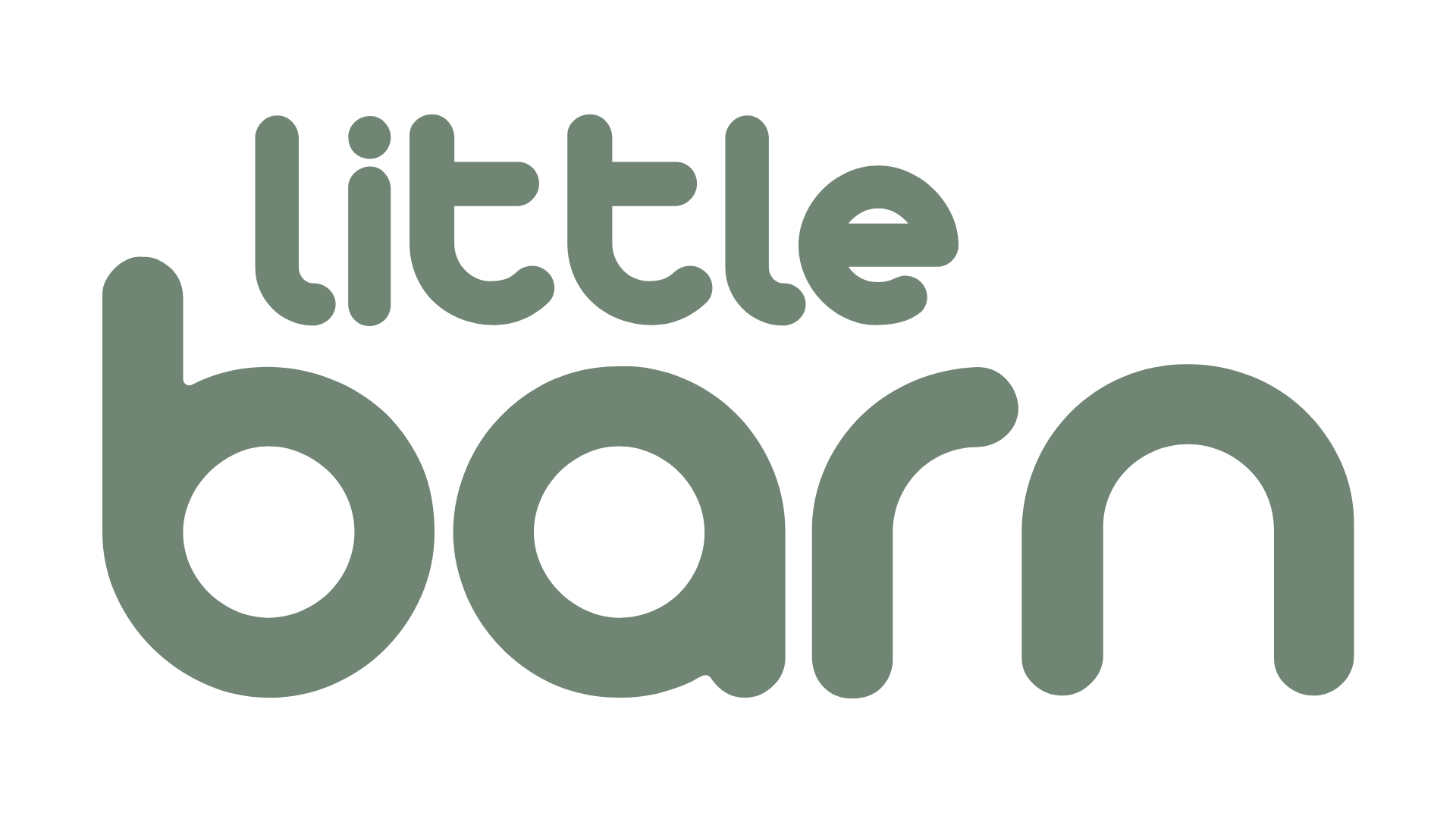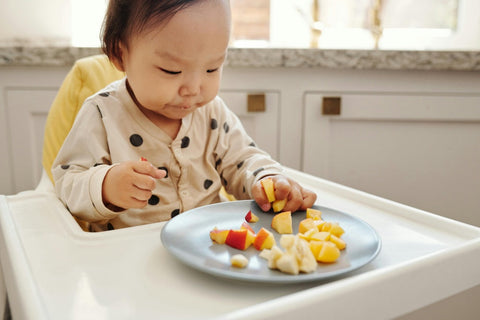Eggs can be a great addition to your baby’s diet, offering essential proteins, vitamins, and minerals. Plus, their versatility means they can be added to meals or served as a healthy snack. However, many parents are unsure of when and how to introduce eggs to their babies. This blog will provide parents with some useful tips and information on introducing eggs to their little ones.
At What Age Can Babies Have Eggs?
Generally, babies can start having eggs around 6 months of age. This is when many parents begin introducing solid foods to their baby’s diet. It's important to ensure the eggs are well cooked before serving them to reduce the risk of foodborne illnesses.
Egg Allergy Symptoms in Babies
The World Health Organisation classifies eggs as a Global Priority Allergen. Additionally, an estimated 2% of children are allergic to eggs, making it one of the most common food allergies in babies. However, approximately 70% of children can tolerate baked eggs. Egg allergy symptoms in babies can vary but typically include:
- Hives or a skin rash
- Swelling around the mouth or eyes
- Vomiting or diarrhoea
- Wheezing or difficulty breathing
- Runny or stuffy nose
If you notice any of these symptoms after your baby eats eggs, contact emergency services or a healthcare professional immediately. It’s crucial to act quickly, as severe allergic reactions can be life-threatening.
Are Eggs Healthy for Babies?
Yes, hard-boiled, steamed, and scrambled eggs provide a host of nutritional benefits for babies. They are a great source of protein, which is necessary for building and repairing muscle tissue. Eggs also contain important nutrients such as:
- Choline and Lutein: Supports brain development
- Vitamin A: Supports healthy vision and bone development
- Vitamin B12: Essential for healthy nerve function and the production of red blood cells
- Vitamin D and Phosphorus: Important for bone health
- Vitamin E: Supports the immune system
- Floate (Vitamin B-9): Important for red blood cell formation and healthy cell growth
- Selenium: An antioxidant that protects cells from damage
- Iron: Vital for healthy blood and oxygen transport
Introducing Eggs to Your Baby
When introducing eggs to your baby, follow these guidelines to ensure their safety:
- Use Pasteurised Eggs: Choose pasteurised eggs to reduce the risk of foodborne illnesses.
- Avoid Cracked or Dirty Eggs: Always select eggs that are clean and free from cracks.
- Wash Eggs Before Use: Rinse eggs under cold water before cooking to remove potential contaminants.
- Refrigerate Eggs After Purchase: Store eggs in the refrigerator to keep them fresh.
- Do Not Keep Cooked Eggs at Room Temperature for More Than 2 Hours: This helps prevent bacterial growth.
- Wash Hands and Utensils: Wash utensils, dishes, countertops, and everything that has come into contact with raw eggs using soap and water.
As mentioned earlier, cooking the egg thoroughly is crucial. This is because one of the major allergenic proteins in eggs, ovalbumin, is heat-sensitive. Therefore, when an egg is fully cooked, almost all of the ovalbumin protein will be broken down and less likely to trigger an allergic reaction. Additionally, cooking reduces the amount of bacteria present in an egg.
A well-cooked egg generally means the egg has been heated to 71°C (160°F). You can prepare eggs for your baby in several ways:
- Scrambled Eggs: Cook until fully set, then mash or break into small pieces.
- Hard-Boiled Eggs: Boil until the yolk is firm, then mash or chop into small pieces.
- Steamed Eggs: Steam the egg in a bowl over boiling water until fully set, then mash or chop it into small pieces.
- Mixed with Breast Milk: For younger babies, you can begin with a pureed or mashed hard-boiled or scrambled egg, mixing about 2 tsp of egg with some breast milk or formula. This ensures a smoother texture that’s easier for your baby to swallow.
When introducing eggs to your little one for the first time, start with a small portion of a well-cooked egg and watch carefully for signs of allergy or sensitivity after their first bite. If no symptoms develop after about 5 to 10 minutes, you can offer the remainder of the egg at your baby’s usual feeding pace. This gradual approach helps ensure your baby tolerates eggs well and provides an enjoyable introduction to this nutritious food.

When Can a Child Have Runny Eggs?
There’s no definite age at which a child can safely eat runny eggs (such as soft-scrambled, over-easy, or sunny side up), making it a personal decision for parents. However, it’s important to note that according to the United States Centres for Disease Control and Prevention, children younger than five are three times more likely to be hospitalised if they get a Salmonella infection. This makes runny eggs a potential risk for young children.
Additionally, runny eggs may increase the risk of allergic reactions in sensitive individuals because they contain higher amounts of allergenic proteins that are not fully broken down by cooking. Therefore, it’s best to err on the side of caution and consult with your paediatrician before offering runny eggs to your child. Parents should acknowledge and understand the risks and decide based on their child's health and development.
Are Eggs a Choking Hazard for Babies?
Eggs generally present a low choking risk for babies. However, to further minimise any risk, ensure the eggs are well-cooked and cut into small, manageable pieces. You should also offer a small amount of liquid in an open cup, which can help your baby wash down any pieces of food and reduce the likelihood of choking.
Get Ready for an Egg-Citing Time
Introducing new foods is always exciting for both parents and little ones. And eggs are one of the nutritious options that can easily be incorporated into your baby’s diet since they can be prepared in different ways to cater to your baby’s taste buds and developmental stage. Once you start, gradually add eggs to your baby’s food or toddler’s food. Just be sure to watch for signs of an allergic reaction and ensure the eggs are well-cooked.
Remember, every baby is different, and it’s essential to follow their cues and consult with your healthcare provider as needed. Enjoy this exciting time of introducing new foods and creating positive eating experiences for your little one!





Comments (0)
There are no comments for this article. Be the first one to leave a message!